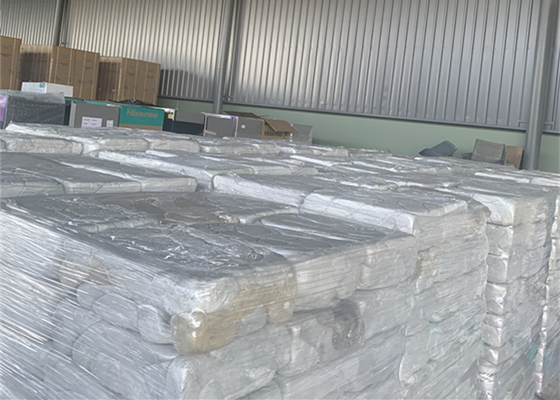Over 100 US communities have passed laws limiting or outright prohibiting the use of single-use plastic straws, particularly for food delivery and restaurant use. There are currently 97 cities or counties in California that have either completely or partially banned the use of single-use plastic straws; an additional one is scheduled to go into effect in Los Angeles County this May.
There has been considerable controversy over whether single-use plastic products can be used, especially single-use polystyrene packaging. The reason why it is considered not allowed to continue to be used is that once this material flows into the natural environment, it will turn into white pollution and become non-degradable garbage.

However, the ban on single-use plastics always fails again and again. Let’s take polystyrene plastic as an example. Now, not only the United States, but also relevant Australian departments have to admit that in some fields, this material cannot be banned. This This is also the main reason why repeated bans always end in failure.

However, businesses that transport or sell perishable items, food, or medical supplies that must remain chilled while in transit still require materials with the insulating capabilities, lightweight nature, and polystyrene-like manufacturability. This just proves that it is unrealistic to completely eliminate the use of polystyrene. So we should put polystyrene recycling at the top of the list. Expanded polystyrene can be compressed to a great extent using polystyrene densifier. This makes recycling polystyrene less difficult. The polystyrene densifier has broken down one of the biggest barriers to recycling: expanded polystyrene is too bulky and incurs excessive additional costs. If polystyrene recycling becomes affordable, more and more of it will be recycled. If people are willing to join and use polystyrene densifiers for recycling, white pollution will also be reduced, so we should actively recycle polystyrene instead of banning the use of polystyrene.